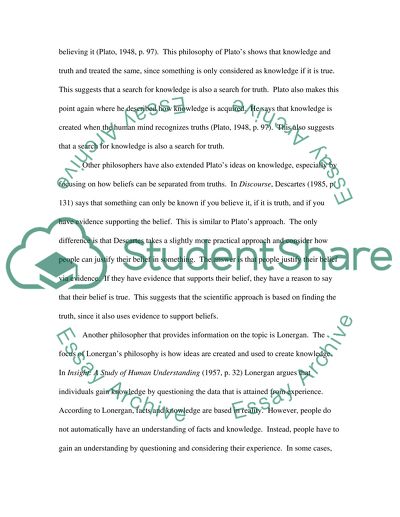Cite this document
(“Does Science Aim at the Truth Essay Example | Topics and Well Written Essays - 2000 words”, n.d.)
Does Science Aim at the Truth Essay Example | Topics and Well Written Essays - 2000 words. Retrieved from https://studentshare.org/philosophy/1508998-does-science-aim-at-the-truth
Does Science Aim at the Truth Essay Example | Topics and Well Written Essays - 2000 words. Retrieved from https://studentshare.org/philosophy/1508998-does-science-aim-at-the-truth
(Does Science Aim at the Truth Essay Example | Topics and Well Written Essays - 2000 Words)
Does Science Aim at the Truth Essay Example | Topics and Well Written Essays - 2000 Words. https://studentshare.org/philosophy/1508998-does-science-aim-at-the-truth.
Does Science Aim at the Truth Essay Example | Topics and Well Written Essays - 2000 Words. https://studentshare.org/philosophy/1508998-does-science-aim-at-the-truth.
“Does Science Aim at the Truth Essay Example | Topics and Well Written Essays - 2000 Words”, n.d. https://studentshare.org/philosophy/1508998-does-science-aim-at-the-truth.


